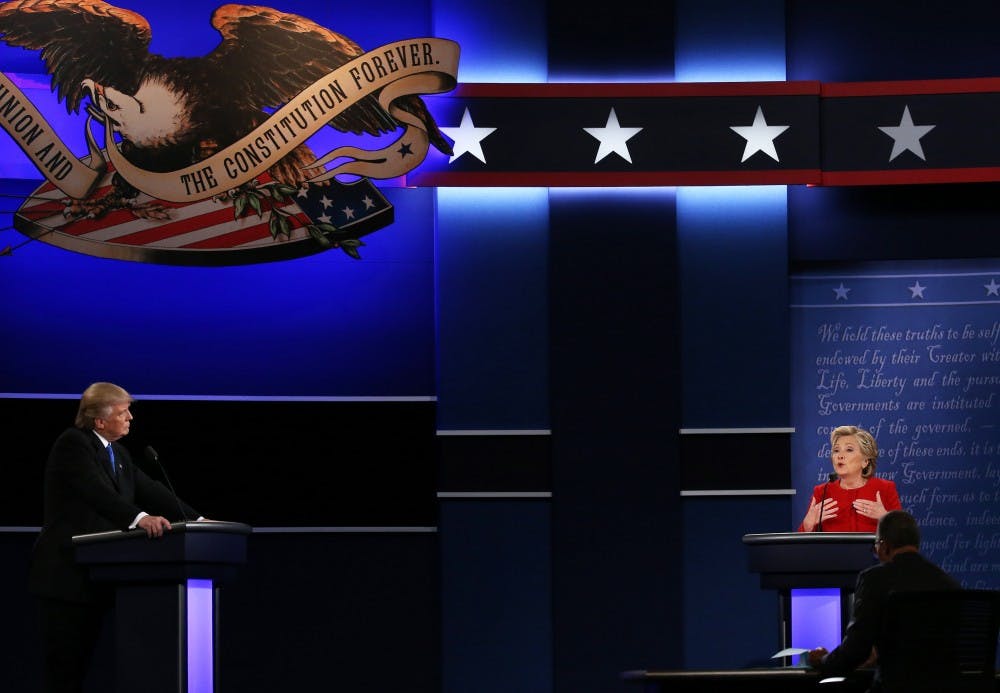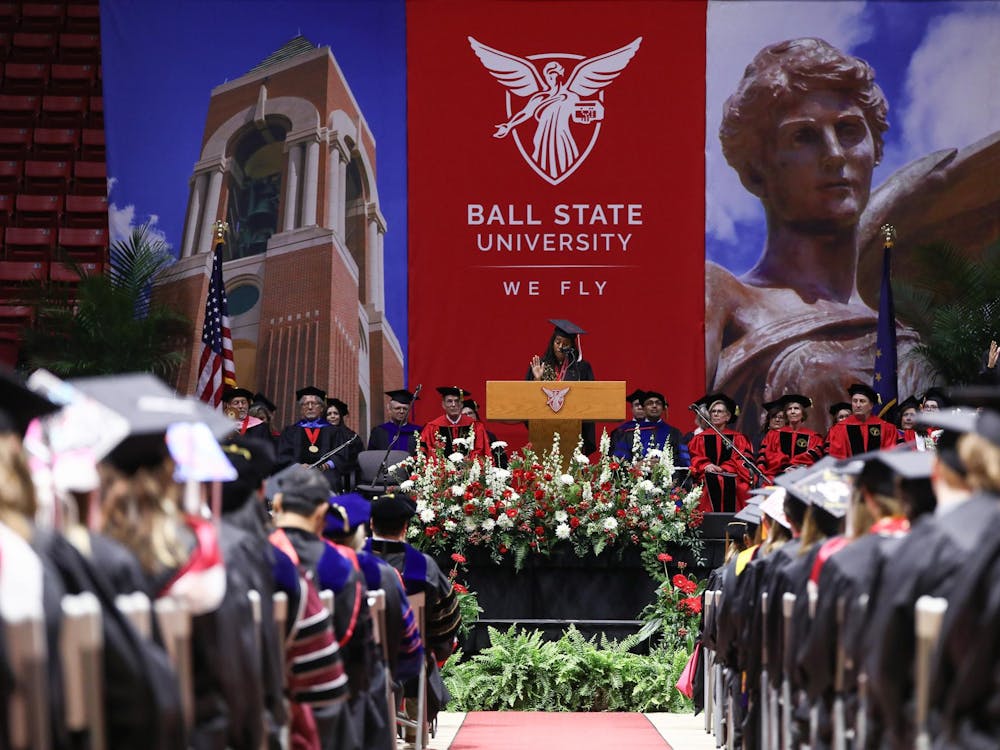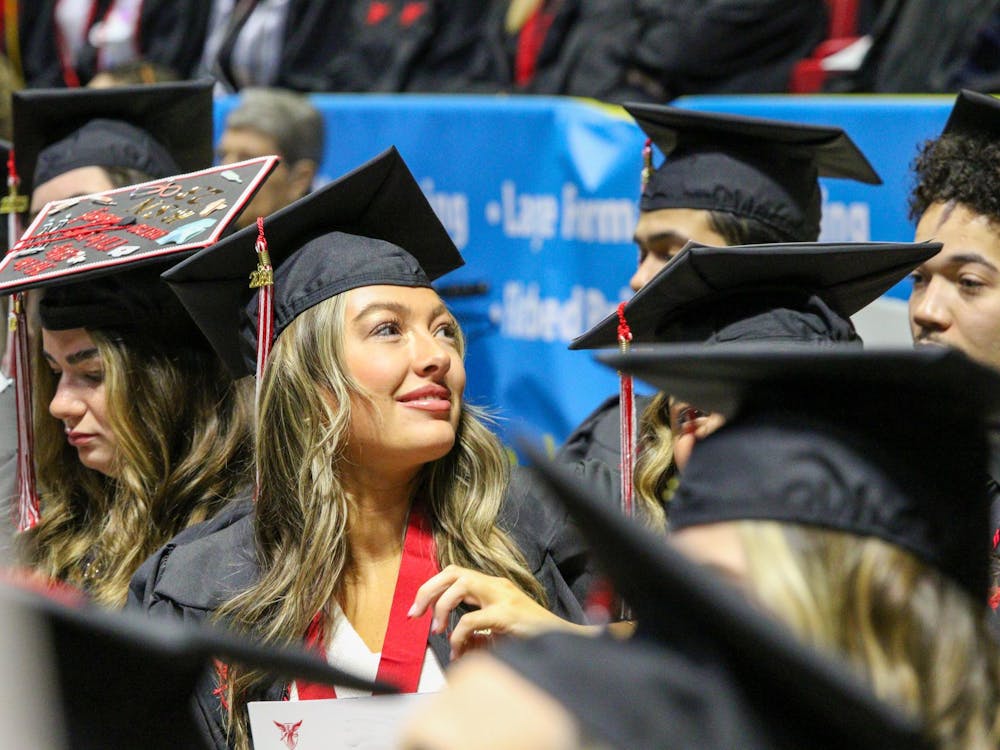To find more information about the debates, or to follow live fact checking websites, click here.
Not everything that Hillary Clinton and Donald Trump says is true.
Fact checking has become even more necessary during this election cycle than it has been before, with rampant accusations of dishonesty and falsehoods from both candidates. Many outlets in the media and online have dedicated large teams to fact checking the candidates during the debates, which some argue is a fundamental part of a functioning democracy.
“If voters are going to make up their minds based on good, sound information, then they need to know what is true and what is false, and where their candidates stand,” said Joseph Losco, co-director of the Bowen Center for Public Affairs and a political science professor.
Savannah Terion, a freshman majoring in pre-med, agreed.
“It’s definitely important," she said. "A lot of people spew a lot of information and they throw out all these numbers, and you don’t know if they’re trying to kind of sway your opinion with exaggerated things."
Without sufficient background information, the average viewer may be lost in the details of the discussions and may not be aware when a candidate is twisting the facts, Losco explained.
“It’s very difficult for the electorate, who has a low level of information about, say, foreign policy, to distinguish truth from fact,” he said.
When it comes to having an influence on the opinion of the electorate, it appears that most Americans are not swayed by facts.
“Political science studies show that people tend to filter information through their own bias,” Losco said. “As a result, lots of information that is, on its face, untruthful is converted by some supporters into a version of truth which they proceed to believe anyway. ... Fact checking does seem to have an impact on [truly independent voters], but on a large swath of the electorate, it does not.”
Many students have taken it upon themselves to fact check the candidates in order to be more informed.
Sarah Meyer, a freshman foreign language major, said that she and her roommate fact check the candidates live while they’re watching the debates.
“We’ll just look it up and go to a few sources. [We] just try to find the most professional, well-educated sources like scholarly journals and .org websites and databases,” she said.
Mitch Robinson, a junior telecommunications major, said that he believes fact checking is important but should happen after the event, so it doesn’t interfere with the debate.
“It’s similar to a sports broadcaster telling you what’s happening on a football field. But if you’re on the football field, you can’t hear the sports broadcasters," Robinson said. "That’s where I think fact checking can be very disruptive if it happens during the debate.”
Other students, like Lucas Simerman, a junior business administration major, have a different take.
“I personally don’t [fact check]. I’ve kind of made up my mind of who I’m voting for,” Simerman said.





